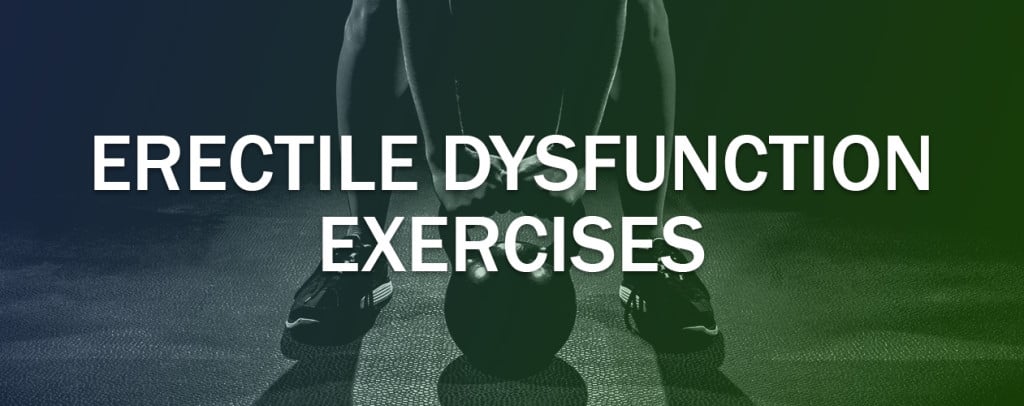In recent years, the panorama of schooling has evolved significantly, with increasing recognition of the diverse wants of learners. Traditional educational methods, whereas efficient for many, don’t cater to every scholar’s unique studying type or private circumstances. As a result, different academic treatments have emerged as viable solutions to boost learning experiences and outcomes. This article explores numerous different educational treatments, their advantages, and their implications for college kids and educators alike.

Understanding Various Educational Treatments
Various instructional treatments consult with non-conventional methods and approaches designed to assist studying. These treatments typically deal with individualized learning, emotional and social development, and holistic approaches to education. A few of the most notable alternative academic treatments embody:
- Montessori Training
The Montessori method, developed by Dr. Maria Montessori, emphasizes self-directed activity, fingers-on studying, and collaborative play. In a Montessori classroom, students are inspired to explore their interests at their very own pace, with teachers acting as guides somewhat than conventional instructors. This approach fosters independence, critical considering, and a love for learning.
- Waldorf Schooling
Founded by Rudolf Steiner, Waldorf training integrates tutorial, inventive, and practical skills right into a cohesive studying expertise. It emphasizes imagination and creativity, with a curriculum that evolves as college students grow. Waldorf faculties often incorporate arts, music, and movement into their lessons, allowing college students to interact with the material in a number of methods.
- Reggio Emilia Approach
Originating in Italy, the Reggio Emilia strategy prioritizes baby-led learning and community involvement. It encourages children to specific themselves by varied mediums, akin to art, music, and storytelling. Teachers observe and doc youngsters’s progress, utilizing this data to tailor studying experiences that align with their pursuits and developmental levels.
- Undertaking-Based Learning (PBL)
Venture-Based mostly Studying focuses on partaking college students in real-world initiatives that require important thinking, collaboration, and downside-fixing. College students work on extended initiatives that combine multiple subjects, allowing them to apply their knowledge in practical contexts. PBL fosters deeper understanding and retention of knowledge whereas enhancing college students’ means to work in groups.
- Experiential Studying
Experiential learning emphasizes learning by way of experience, allowing students to achieve data and abilities via active participation. This approach often includes subject journeys, internships, and fingers-on actions that connect classroom learning to actual-life conditions. Experiential learning promotes engagement and penile dysfunction treatment helps college students develop a more profound understanding of the subject material.
The advantages of different Educational Treatments
Alternative instructional treatments offer a number of advantages that may considerably impact pupil learning and growth:
- Personalization: These approaches often prioritize individualized studying, allowing college students to progress at their own tempo and give attention to their pursuits. This personalization can lead to increased motivation and engagement.
- Holistic Improvement: Many alternative strategies emphasize the significance of emotional, social, and physical development alongside academic achievement. This holistic approach helps students develop nicely-rounded abilities and fosters a constructive studying setting.
- Vital Pondering and Problem-Fixing: Various instructional treatments often encourage college students to suppose critically and remedy problems creatively. By participating in fingers-on activities and collaborative tasks, students study to strategy challenges with confidence and innovation.
- Improved Social Expertise: Many various methods prioritize collaborative studying, serving to college students develop essential social abilities. Working in groups fosters communication, teamwork, and empathy, which are crucial for achievement in both academic and professional settings.
- Increased Engagement: Alternative academic treatments often incorporate interactive and inventive components that make studying more engaging. In the event you liked this informative article in addition to you want to obtain more info with regards to Penile dysfunction treatment generously check out our own internet site. This increased engagement can lead to better retention of knowledge and a better love for learning.
Challenges and Issues
While various educational treatments supply many benefits, they don’t seem to be with out challenges. Educators and institutions may face a number of obstacles when implementing these approaches:
- Training and Sources: Teachers may require further coaching to successfully implement different academic methods. Faculties should also invest in resources and supplies that assist these approaches.
- Standardization and Evaluation: Many different educational treatments do not align with traditional standardized testing strategies. Educators may struggle to assess scholar progress and performance using typical metrics.
- Parental Assist and Understanding: Mother and father could also be unfamiliar with alternative instructional methods and will have considerations about their effectiveness. Educators must communicate the benefits and rationale behind these approaches to gain parental assist.
- Fairness and Accessibility: Not all students have equal access to various instructional treatments. Faculties in underserved communities could lack the sources to implement these strategies successfully, resulting in disparities in academic alternatives.
Conclusion
Alternative instructional treatments represent a big shift in the way we method studying and educating. By prioritizing individualized, holistic, and experiential learning, these methods may also help address the various wants of scholars and foster a love for learning. While challenges stay in implementing these approaches, the potential advantages for scholar engagement, vital considering, and total growth are substantial. As training continues to evolve, embracing alternative academic treatments could pave the best way for a more inclusive and effective learning atmosphere for all college students. By recognizing and valuing numerous studying types and desires, educators can create a brighter future for the next technology of learners.